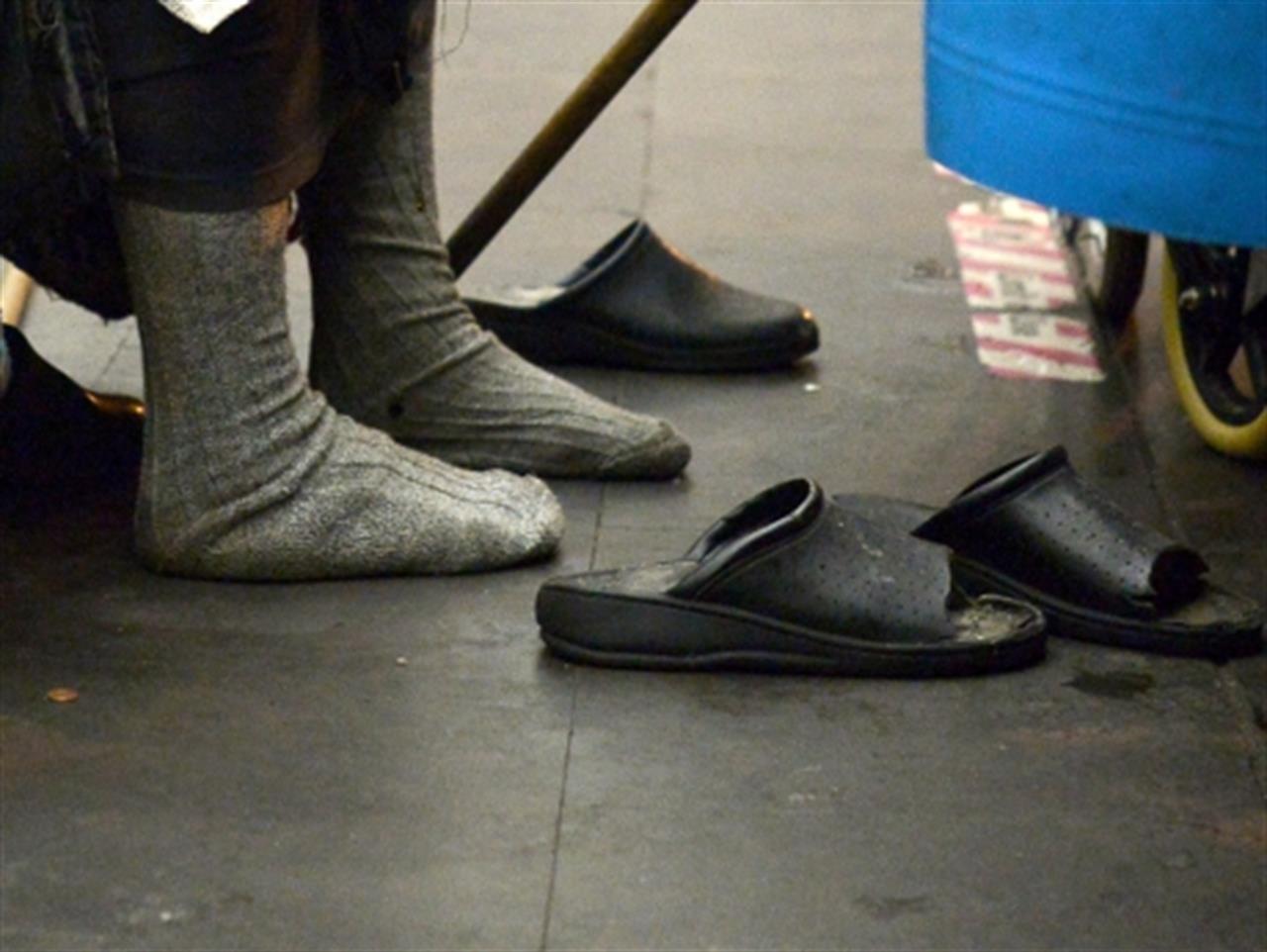The EC approves 6 new national programmes to help those most in need
The new Fund for European Aid to the Most Deprived (FEAD) includes Italy’s €670 million programme, the largest of all FEAD allocations across the EU.
di Staff

- The Czech Republic will receive €23,3 million (complemented with over €4 million from national resources) to tackle food and material deprivation of groups such as families with children, people in serious social need and those suffering from (or at risk of) homelessness.
- Cyprus will receive €3,9 million (complemented with around €700.000 from national resources) to provide school material to the most deprived students attending public schools.
- Hungary will receive €93,8 million (complemented with €16,6 million from national resources) to provide food and material assistance to children from poor families, homeless people and disabled and/or elderly people with low income.
- Italy will receive €670 million (complemented with €118 million from national resources) to provide food for free to people in need (60% of the total budget), to support children in deprived families with school material and equipment (30% of the total budget), and last but not least to provide assistance to homeless people.
- Malta will receive nearly €4 million (complemented with €600.000 from national resources) to provide food assistance to households with the lowest means.
- Slovakia will receive €55,1 million (complemented with €7,7 million from national resources) to provide food and basic material assistance to homeless people and to households reliant on benefits and in material need.
Nessuno ti regala niente, noi sì
Hai letto questo articolo liberamente, senza essere bloccato dopo le prime righe. Ti è piaciuto? L’hai trovato interessante e utile? Gli articoli online di VITA sono in larga parte accessibili gratuitamente. Ci teniamo sia così per sempre, perché l’informazione è un diritto di tutti. E possiamo farlo grazie al supporto di chi si abbona.
